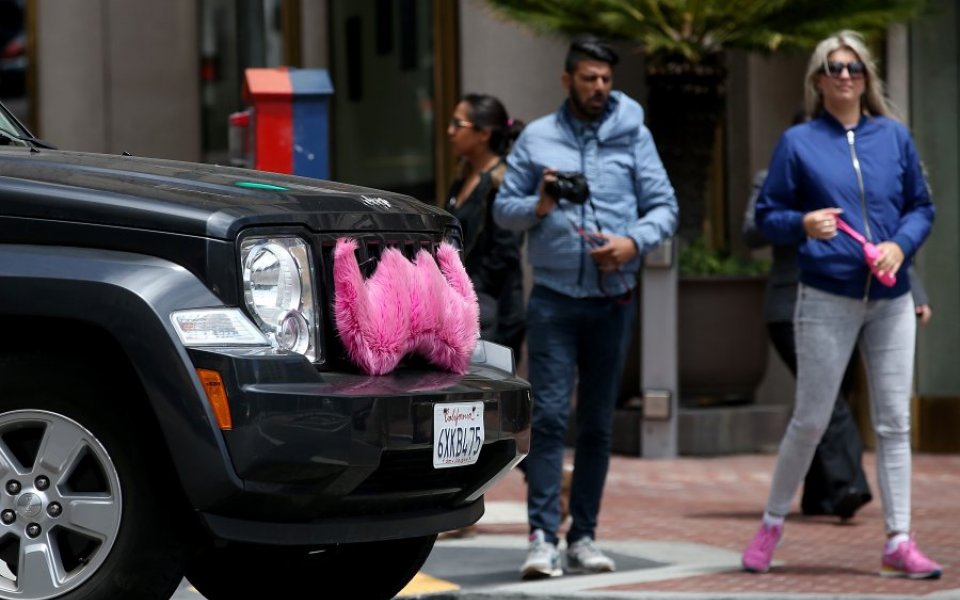Managing taxes in the sharing economy: People who make money through Uber, AirBnB and Etsy could be under-stating their profits – and HMRC is coming to get you

The self-employed tax return deadline is only days away, leaving the many individuals that have made money through sharing economy services like Uber, AirBnB and Etsy struggling to work out what, if any, tax they have to pay this 31st of January.
But they have to get clued up fast because Revenue & Customs recently announced plans to use new sources to track down sharing economy micro-entrepreneurs that are under-declaring their profits.
Intuit QuickBooks research recently found that one of the biggest challenges for those who profit from the sharing economy was managing their taxes. So with this in mind, here is a guide to what income is taxable to help ahead of Sunday’s deadline.
What is the current ruling on tax of sharing economy profits?
Tax rules vary for different sharing economy services. With AirBnb, the Treasury will increase the “Rent-a-Room” tax free allowance from £4,250 to £7,500 a year, from April 2016. For users of peer-to-peer lending sites like Zopa, the first £1,000 of interest earned in a year will be tax free for basic rate payers, and for higher tax rate payers the limit will be £500.
For car-sharing services like BlaBlaCar or Lyft, legislation states that as long as the driver is just covering mileage costs with their earnings, and do not drive over 10,000 miles per annum, they make no taxable profits. If you drive more than this, however, your earnings will be taxable.
Renting out your driveway or garage using services like JustPark falls under the category of income made from land or property, rather than self-employed income, and is taxable. You’ll have to fill in a separate tax return for HMRC as it counts as a new stream of income.
Uber drivers are technically contractors (currently). This means they fall into the standard self-employed category of UK workers and are responsible for paying tax and National Insurance on their income and registering with HMRC as self-employed. This, however, is a controversial subject with the company involved in a number of legal battles so if in doubt, speak to HMRC.
What tools can make the process more streamlined?
Sharing economy services add new income streams to an individual’s gross yearly earnings. Tracking these can be complex. Today, there are a range of cloud-based tools to help make this process simpler and that also provide a complete overview of finances. Working with an accountant can also ease the burden at this time of year.
The future
Understanding the tax requirements involved varies per service, so the confusion is understandable. With these services only getting more popular, we are in need of better education and infrastructure to support this new breed of employment. Issues like taxes, retirement and insurance are based on a more traditional employment model, leaving many individuals confused and potentially worse off in the long run.
More support is needed to create a better environment to help the growing ranks of the self-employed flourish.